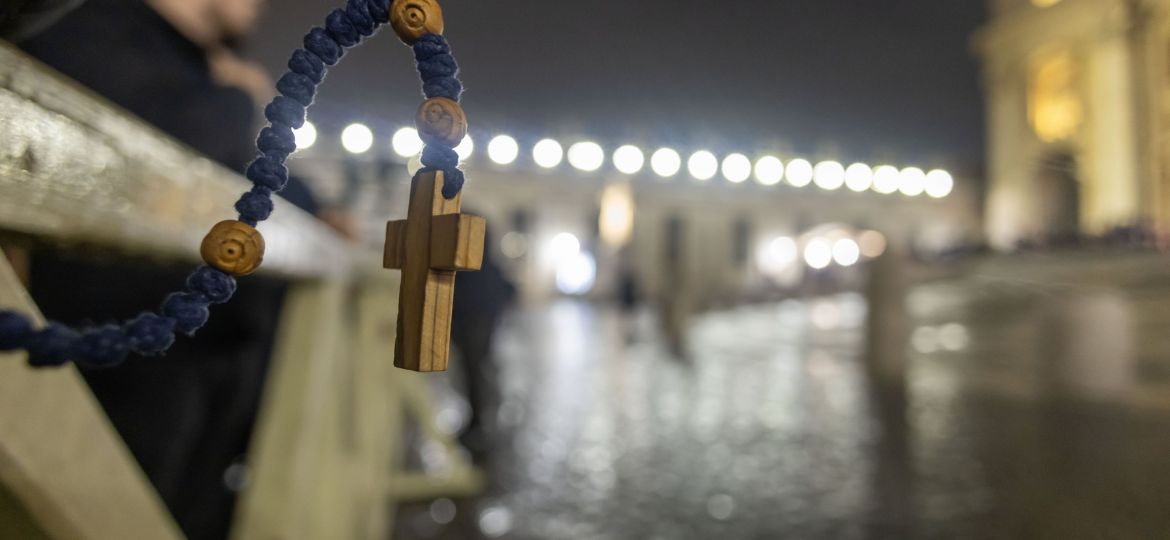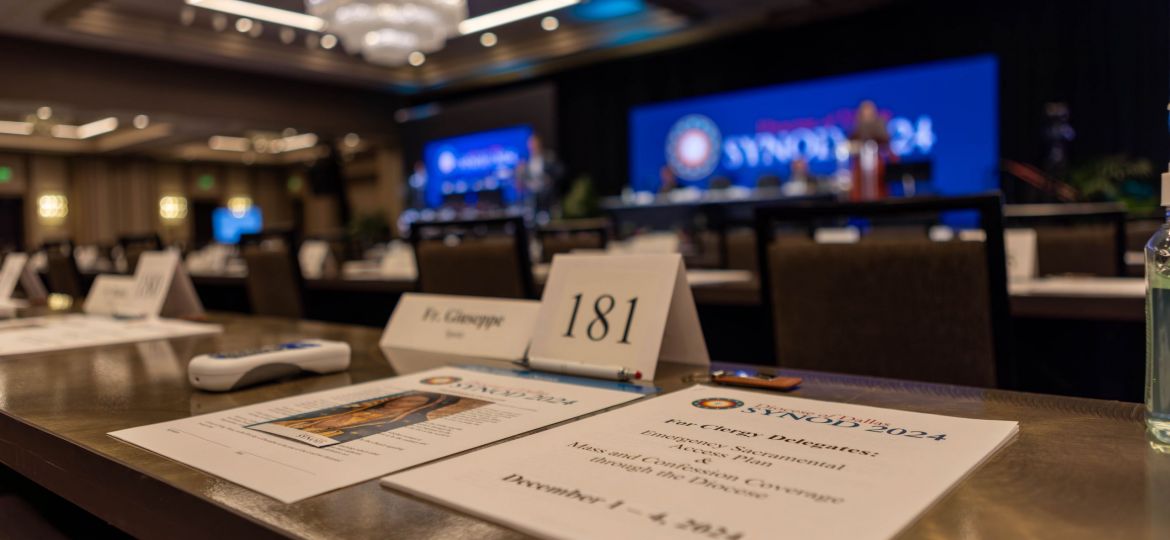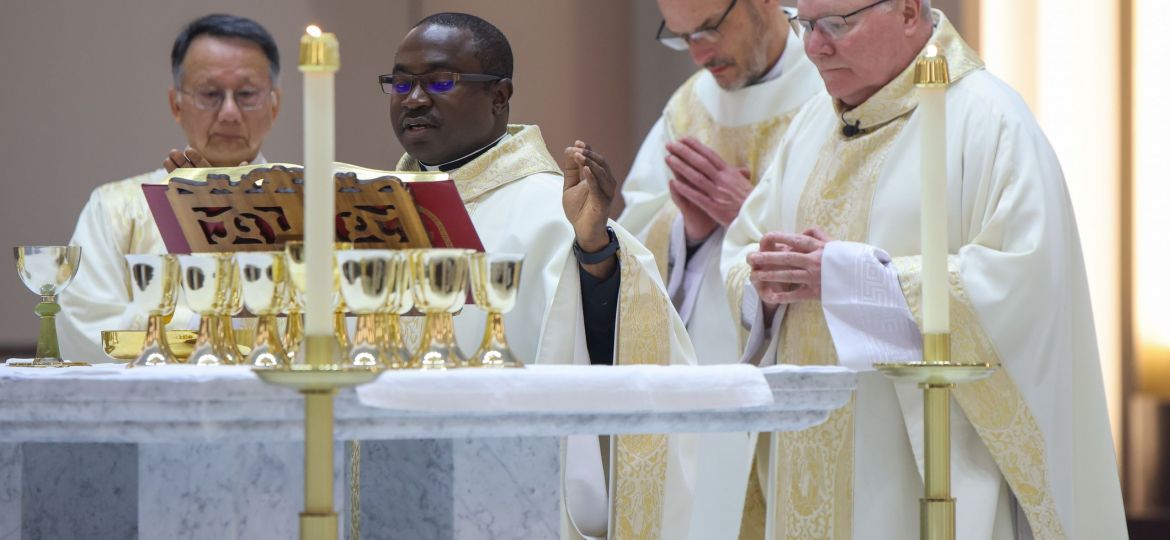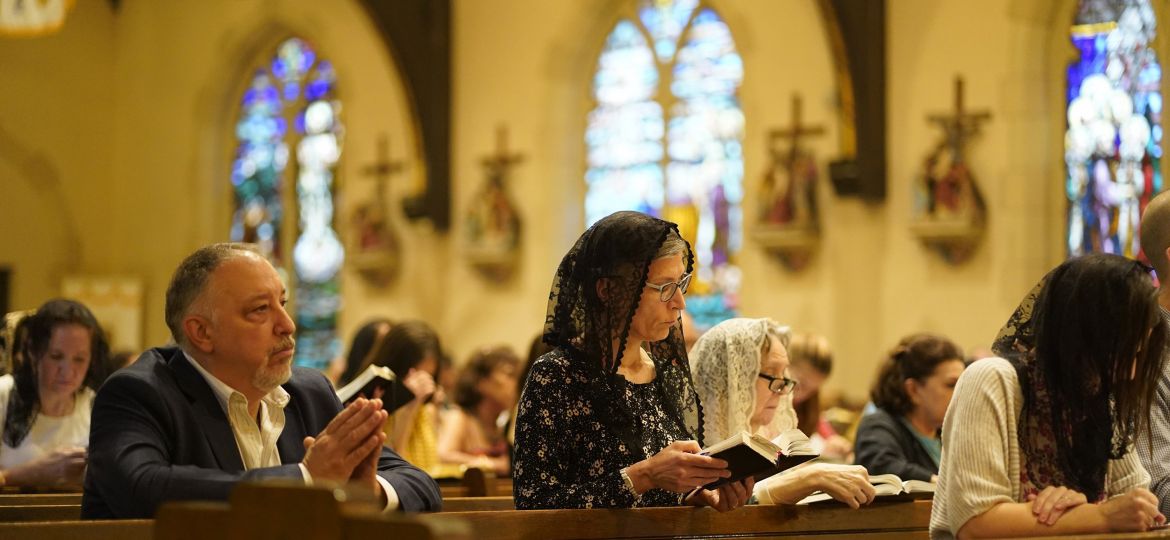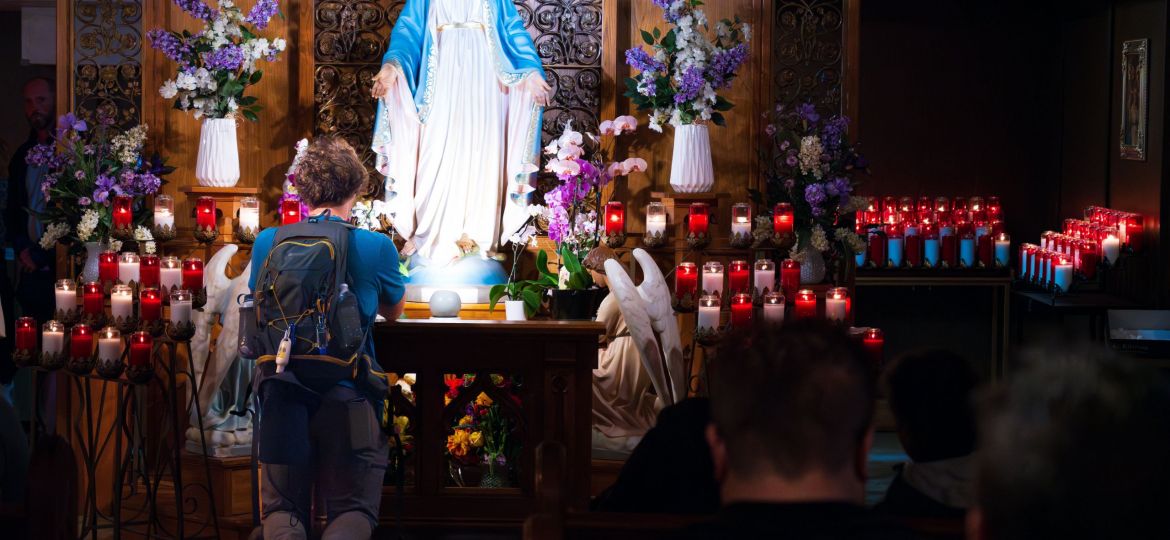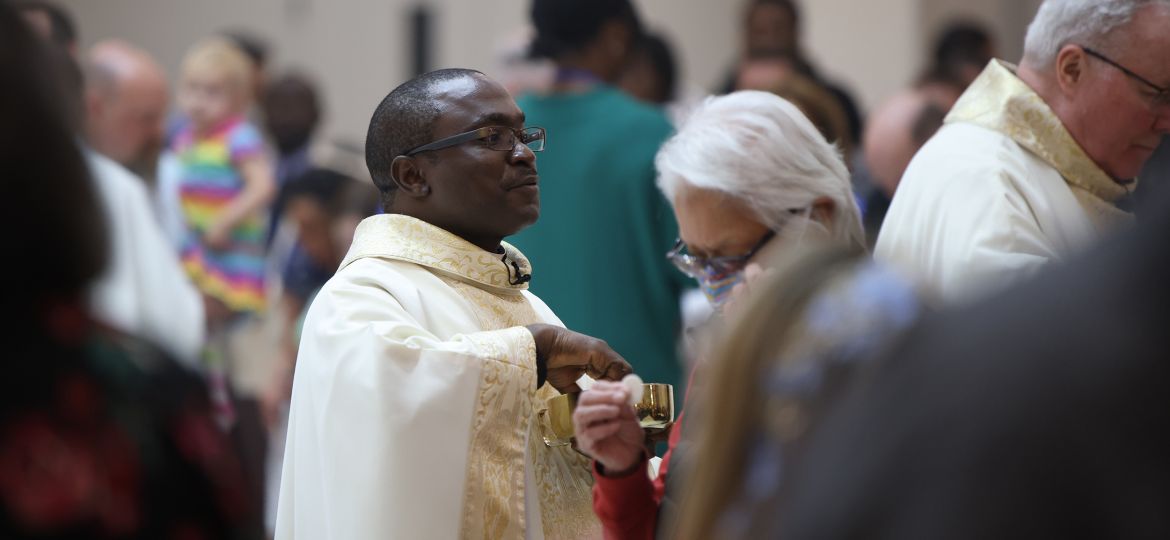Life often brings us moments that remind us that we are not in control. Whether we are facing financial struggles, health crises, or an uncertain future, we sometimes reach a point where our own efforts are no longer enough. In these moments, we encounter one of the hardest, and yet most transformative, decisions: to trust God completely.
The Diocese of Dallas held its synod assembly in December. I was privileged to be a delegate at this historic four-day event filled with discussion, deliberation, exploration, and prayer.
At the beginning of every year, we make resolutions about how we want to live out the new year. Of course, in the coming days we will hear more about new year’s resolutions from many different people.
People travel for many reasons — some for pleasure, some for business, others for spiritual purposes, and many for other individual reasons. Travel educates us, because by traveling we learn about people, cultures, and places — and sometimes great or weird things as well.
I’m sure you may be wondering about the title of this article. Well, to be honest, I’m not too sure about it myself. But what I know for certain is that I was drafting this article during a moment of reflection, and I spontaneously came up with this title. I thought I should go ahead and continue writing, since the title is itself a product of my reflection. Sometimes wild moments come with wild reflections!
We hear and say phrases like people of faith, Christian faith, live by faith, etc., and there are several ways of talking about and describing faith.
As people of faith, we are all on a journey toward God. The reason we go to church or call ourselves Christians is our desire to be with God when our earthly journey is over. Our faith teaches us that there is life after death and that we shall live in eternity with God if we keep His commandments and remain in His ways. Our love for God draws us toward Him and fuels our desire to be with Him. Although our human imperfections make it difficult to remain faithful to God’s ways all the time, God’s mercies sustain our hope and give us reason to keep trying to stay in God’s paths regardless of our shortcomings.
In 2008 I arrived in Minnesota, where I lived for two years. Coming to Minnesota directly from Nigeria was a huge change. Of course, anyone who knows both Minnesota and Nigeria will know what I’m talking about — it’s the weather! Nigeria is warm — I mean hot — most of the year, with dry heat most of the time. I was born and raised there, so I love it, regardless, and I’m used to it and it’s no surprise. (But I have to admit that I do still complain when it gets too hot.)
During this last Easter, as in every Easter season, many people came into the Church, either through the sacraments of initiation (baptism, confirmation and Eucharist) or through reception into full communion with the Catholic Church. These are great moments for the Church and for those who are coming into it. These candidates usually go through a period of formation before reception of the sacraments in order to learn more about their faith and the journey they’re about to undertake.
As Catholic priests, there are certain activities and rituals that we carry out as part of our priestly duties, functions, and ministry. These functions include celebrating the Mass, hearing confessions, giving a homily/reflection, praying the Liturgy of the Hours, etc. These are functions or activities that we carry out mostly on a daily basis. For me, as for many other priests, it is a blessing and privilege to exercise this ministry and to carry out these functions. I cannot measure the sanctifying grace it brings to me and the joy I feel when I carry out these ministerial duties.

